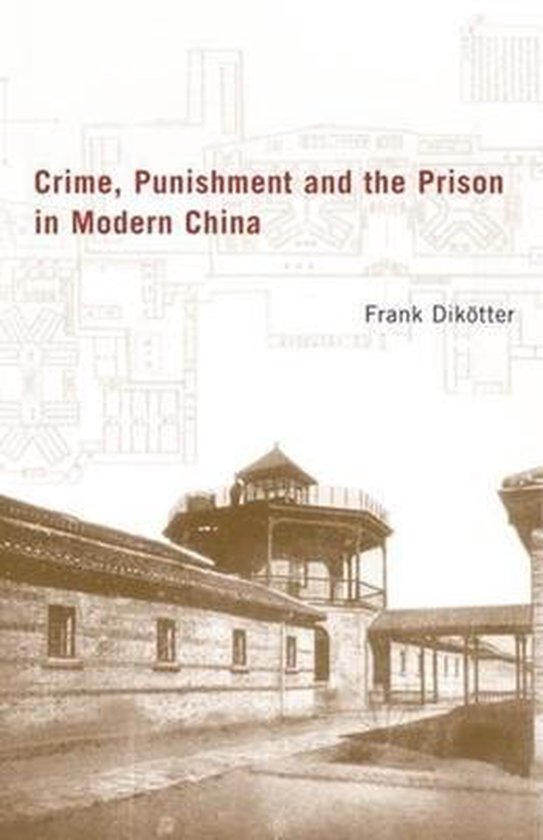
Crime, Punishment, and the Prison in Modern China
This book is a richly textured social and cultural study exploring the profound effects and lasting repercussions of superimposing Western-derived models of repentance and rehabilitation on traditional categories of crime and punishment.
Based on extensive research and many newly discovered sources, Crime, Punishment, and the Prison in Modern China examines the radical changes in Chinese society during the first half of the twentieth century through the lens of the Chinese prison system. More than a simple history of prison rules or penal administration, this book explores the profound effects and lasting repercussions of the superimposition of Western-derived models of repentance and rehabilitation on traditional Chinese categories of crime and punishment. A society's prisons reflect much about its notions not only of law and order and the rights of the individual, but of human nature itself, its tractability and capacity to change. In China during the tumultuous years from 1895 to 1949, these notions were transformed in dramatic ways. Frank Dikotter identifies penal reform as a radical modern tool to achieve an indigenous Chinese vision of social cohesion and the rule of virtue. Modernizing elites in China viewed the reformation of criminals as a constitutive part of a project of a national regeneration in which good order, economic development, and state power could only be obtained by shaping obedient subjects. This groundbreaking account of the evolution of Chinese penal theory is brought together with a richly textured portrait of daily life behind bars. Petty villains, abusive guards, ambitious wardens, and idealist reformers people its pages and vividly trace China's complicated movement from empire to republic to communist state.
Based on extensive research and many newly discovered sources, Crime, Punishment, and the Prison in Modern China examines the radical changes in Chinese society during the first half of the twentieth century through the lens of the Chinese prison system. More than a simple history of prison rules or penal administration, this book explores the profound effects and lasting repercussions of the superimposition of Western-derived models of repentance and rehabilitation on traditional Chinese categories of crime and punishment. A society's prisons reflect much about its notions not only of law and order and the rights of the individual, but of human nature itself, its tractability and capacity to change. In China during the tumultuous years from 1895 to 1949, these notions were transformed in dramatic ways. Frank Dikotter identifies penal reform as a radical modern tool to achieve an indigenous Chinese vision of social cohesion and the rule of virtue. Modernizing elites in China viewed the reformation of criminals as a constitutive part of a project of a national regeneration in which good order, economic development, and state power could only be obtained by shaping obedient subjects. This groundbreaking account of the evolution of Chinese penal theory is brought together with a richly textured portrait of daily life behind bars. Petty villains, abusive guards, ambitious wardens, and idealist reformers people its pages and vividly trace China's complicated movement from empire to republic to communist state.
| Auteur | | Frank Dikötter |
| Taal | | Engels |
| Type | | Hardcover |
| Categorie | | Mens & Maatschappij |